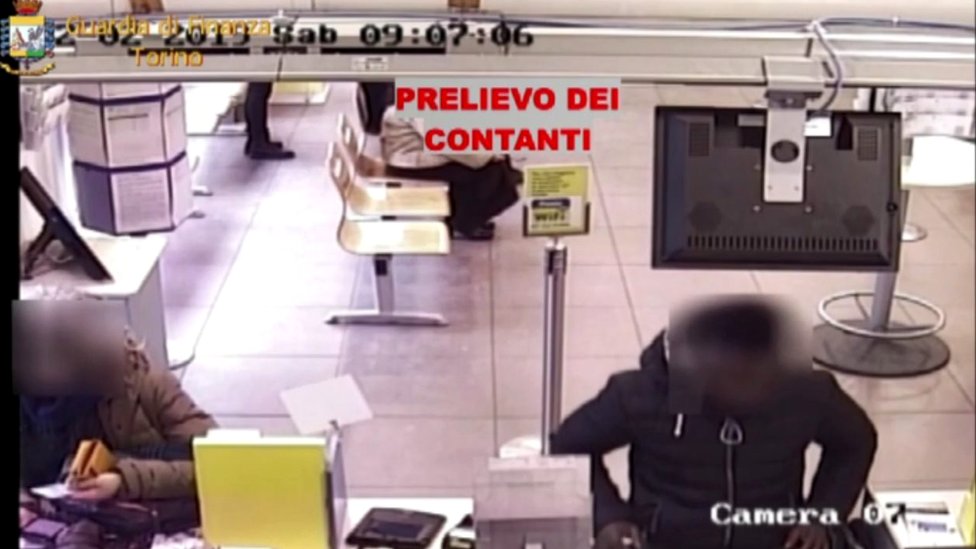Online Italian ‘Casanova’ gang busted by police in Turin, Italy
A gang of fraudsters who won their way into women’s hearts posing as pilots, sea captains, Interpol officials, and military personnel has been broken up after a three-year operation, Italian police say.

The following written contact from BBC
“Operation Casanova” targeted 19 suspects behind an online dating scam in which victims were promised love and marriage but ended up losing money.
One victim lost €1.3m ($1.6m; £1.2m) while others gave away family homes.
Fifteen people have been arrested.
Another four are on police bail and €1.4m has been recovered, according to Guardia di Finanza police in the northern city of Turin. A group of Nigerians and an Italian are said to be behind the gang.
Although the operation focused on northern Italy, many of the victims were elsewhere across Europe, and in the US and China.
How the scammers operated

The financial crimes police said there two types of scam: one was “romance fraud”, the other involved company IT systems.
So-called man-in-the-middle attacks involve intercepting correspondence and persuading companies to transfer money to the wrong accounts. Tens of thousands of euros stolen from a company in the Treviso area was eventually recovered before it could be taken out in cash withdrawals or money transfers.
Online dating scammers are nothing new and these relationships were always formed at a distance.
What appears to have been different here is that the scammers pretended to have long-distance jobs such as airline pilots and oil engineers which meant they were never able to meet in person and suddenly needed cash.
The fraudsters first won the women’s trust, sometimes with promises of marriage, then asked for money to help pay for a supposedly sick child or an unjust prison detention.
Some victims went into debt to help; some lost a few thousand euros but one was conned out of €1.3m over a period of years.
The Italian force, with the help of police in 22 countries including the UK, analyzed 30,000 financial transactions and 200 reports of suspicious activity. Read more from BBC
Follow similar interesting unbiased news stories from News Without Politics





